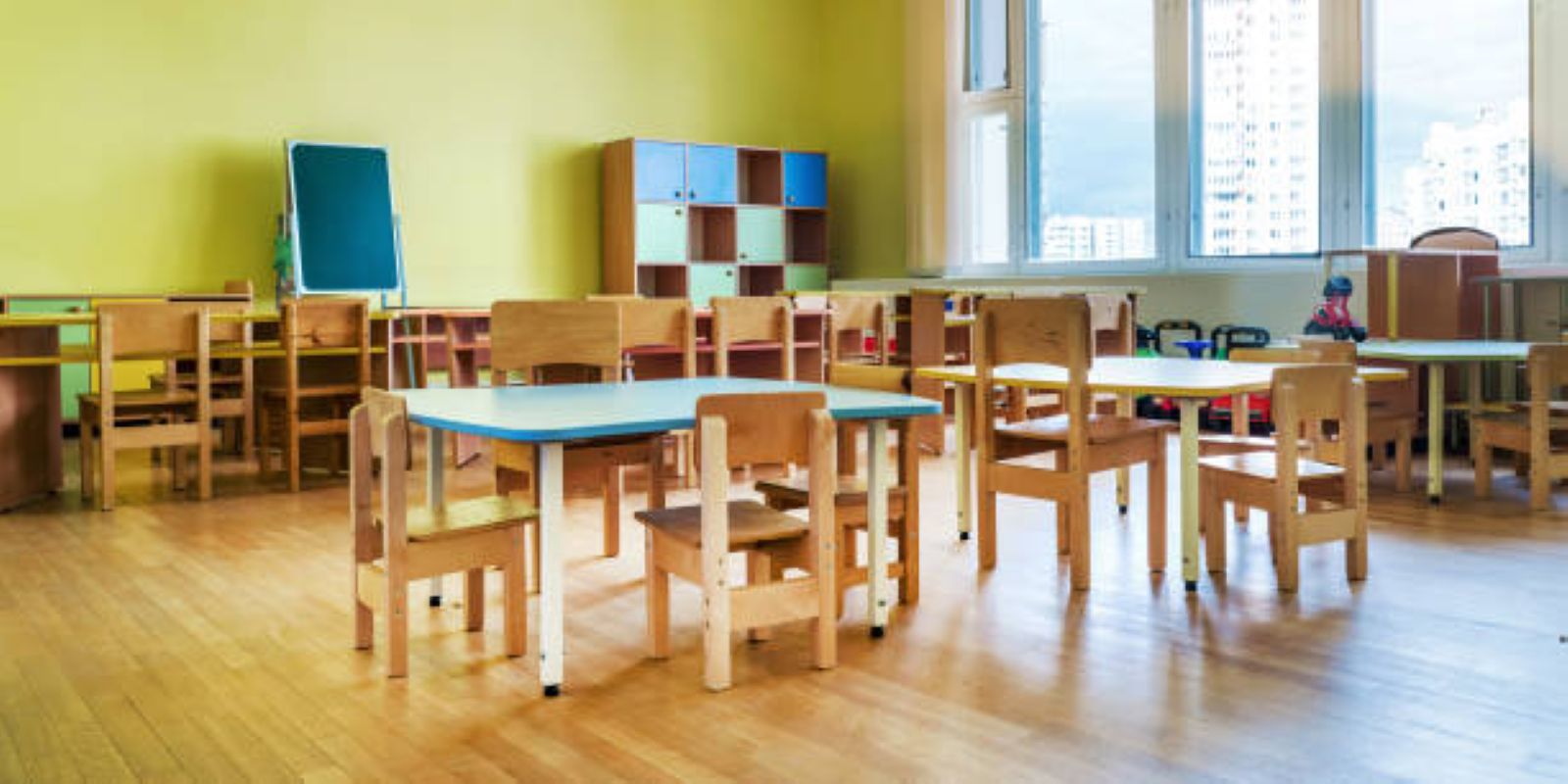Minister of Basic Education, Siviwe Gwarube, has called for additional funding to implement Grade R as a compulsory part of the education system.
Speaking in Parliament, Gwarube highlighted the urgent need for resources following President Cyril Ramaphosa’s announcement on Friday of the full implementation of the Basic Education Laws Amendment (BELA) Act.
“And this is the case I intend to make to the Minister of Finance, to say since the president has commenced with this immediately, we are now under pressure to make sure that we can deliver compulsory Grade R.”
Currently, Grade R operates within early childhood development frameworks, as outlined in the Education White Paper 5 of 2021. The BELA Act now integrates it into the mandatory basic education mandate, ensuring all children have access to foundational learning.
Controversial clauses finally approved
The BELA Act, signed into law in September, faced delays over contested clauses. Clause 4 gives the Department of Basic Education greater authority over school admissions, while Clause 5 requires school governing bodies to submit language policies for provincial approval.
President Ramaphosa confirmed that the Government of National Unity (GNU) resolved its differences on these issues, endorsing the Act without further amendments.
“The GNU clearing house participants agreed that the Act be fully implemented,” he said.
“This view was endorsed by the leaders of the parties to the GNU in a meeting I held with them today.”
“I accordingly advised them that I would proceed to sign a Presidential Proclamation to bring the Basic Education Laws Amendment Act into operation from today.”
The President emphasised that the Act aligns with constitutional guarantees, particularly universal access to Grade R.
Advancing multilingual education
Beyond Grade R, the BELA Act also prioritises language inclusivity. It mandates measures to promote education in all official South African languages, including South African Sign Language. Ramaphosa stressed that no language should be marginalised.
“It applies equally to someone who speaks Afrikaans as it does to someone who speaks Xitsonga, Sesotho, Sepedi, isiXhosa, Setswana, Tshivenda, isiNdebele or siSwati,” he said.
“And now, it also applies equally to someone who uses the South African Sign Language.”
Do you believe schools will be ready to handle these changes effectively?
Let us know by clicking on the comment tab below this article or by emailing info@thesouthafrican.com or sending a WhatsApp to 060 011 021 1. You can also follow @TheSAnews on X and The South African on Facebook for the latest news.
